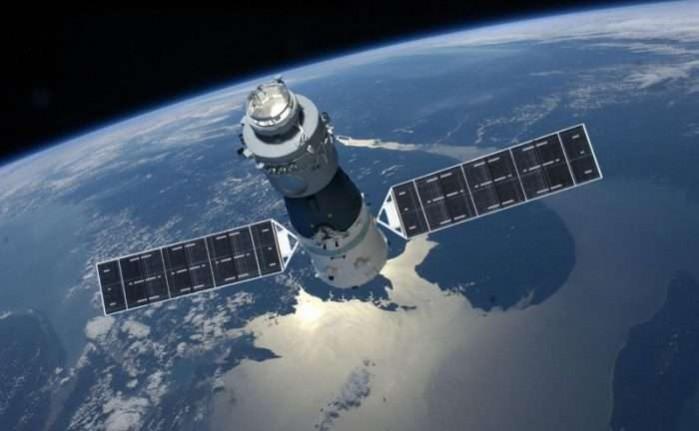
China is working on its own space lab called the China Space Station (CSS) which will be operational by 2022. The country has now extended an open invite to all the countries of the world to come and take part in the space station and make use of its facilities.
This comes close on the heels of expiry of the mission time given to the International Space Station (ISS). "CSS belongs not only to China, but also to the world," said Shi Zhongjun, China's ambassador to the UN and other international organizations in Vienna.
"All countries, regardless of their size and level of development, can participate in the cooperation on an equal footing," he said, reports ARS Technica. This will be China's second space station after the Tiangong-1 crashed back to Earth earlier this year.
After nearly 6 decades of Russian and US domination of the space sector, this move by China can be taken as possibly the greatest soft power threat that the countries have ever faced, notes the report. China has also extended technical assistance to small and developing countries to build their own space programmes.
The move also serves as a rebuke to the US as American law excludes the direct involvement of NASA and the ISS with China's space programme, experts said. China now wants to be inclusive and has opened up its space research facilities to the world, but US laws put in place in the past specifically to counter technology transfer between the nations, have come in the way.
The future of ISS is still uncertain as the White House seems to want to end most of the $3 billion to $4 billion budget that is spent on the ISS in orbit. Some suggestions have been made to make the entire thing private, while US President Donald Trump is reportedly keen on extending its service life.
On its part, China is keen to use the opportunity to position its next space station as the next best option, especially for countries that cannot take their experiments to space on their own. This includes NASA's European and even India.
Whether India will participate in this "open invite" from China still remains to be seen but the option may sound viable to Indian space agency ISRO, which otherwise may require double the budget to undertake such experiments in space. As of now, ISRO is keen on harnessing "space technology for national development while pursuing space science research and planetary exploration" and it might not be far-fetched to think when Indian experiments are run in space through China.









!['Had denied Housefull franchise as they wanted me to wear a bikini': Tia Bajpai on turning down bold scripts [Exclusive]](https://data1.ibtimes.co.in/en/full/806605/had-denied-housefull-franchise-they-wanted-me-wear-bikini-tia-bajpai-turning-down-bold.png?w=220&h=138)



